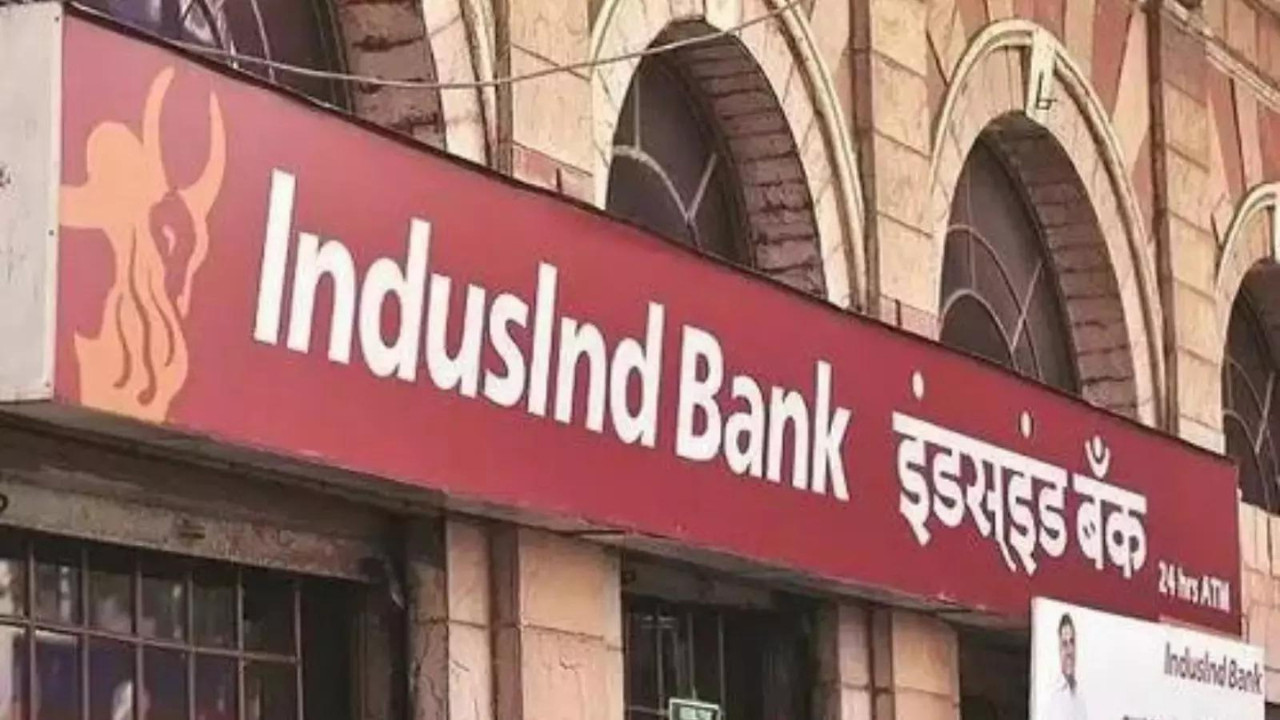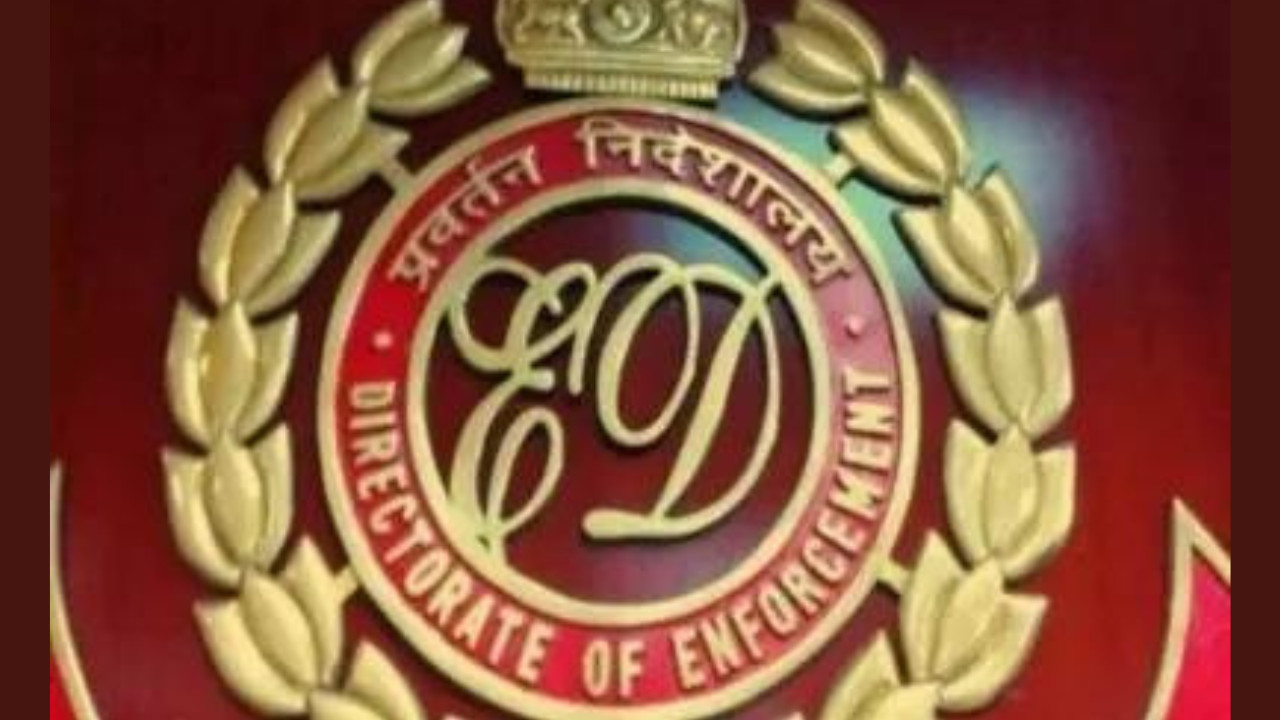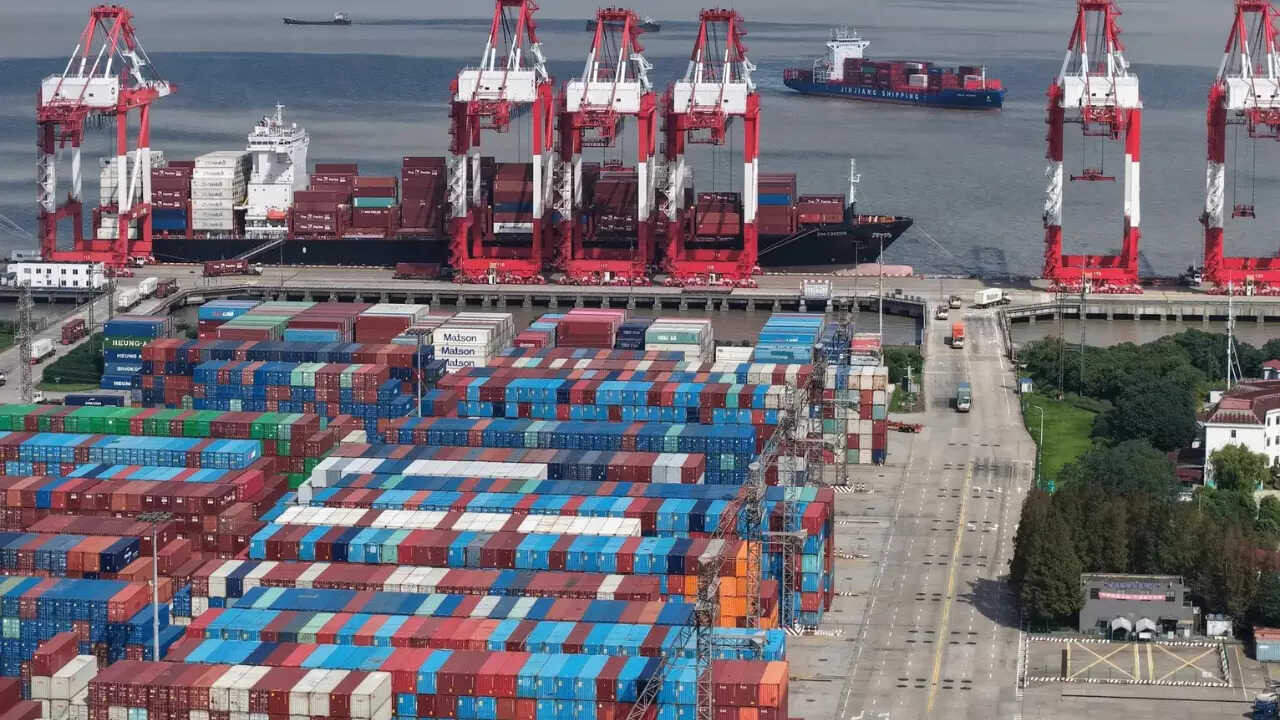Following recent turmoil stemming from incorrect derivative trade recognition, the Institute of Chartered Accountants of India (ICAI) will scrutinize IndusInd Bank’s financial statements. The Financial Reporting Review Board (FRRB) will conduct the review for the fiscal years 2023-24 and 2024-25 to ensure compliance with accounting and auditing standards.
IndusInd Bank Under the Microscope: What’s This Deep Dive Really About?
So, you might’ve seen a headline about IndusInd Bank and the Institute of Chartered Accountants of India (ICAI). Probably glazed over it, right? Finance news can do that to you. But trust me, this one’s worth a second look. It’s less about dry accounting and more about digging into the nitty-gritty of how a major bank reports its financial health – something that impacts all of us, even indirectly.
Here’s the gist: the ICAI, the Big Brother of accounting in India, is going to be scrutinizing IndusInd Bank’s financial statements. This isn’t some random audit. It’s a formal review initiated because… well, let’s just say there have been whispers. Whispers about how the bank has been accounting for certain things, specifically in the vehicle financing area.
Now, whispers in the financial world are like tremors before an earthquake. They often signal something potentially larger happening beneath the surface. The ICAI stepping in suggests that these whispers have gotten loud enough to warrant serious attention.
What’s the specific bone of contention? It boils down to how IndusInd Bank has been classifying and managing its non-performing assets (NPAs) – essentially, loans that aren’t being paid back. Vehicle financing, especially for commercial vehicles, can be a risky business. Defaults happen. The crucial thing is how accurately and transparently these defaults are reported.
There’s been talk, persistent talk, about the bank potentially “evergreening” loans. This is a fancy term for hiding bad loans by restructuring them or issuing new loans to borrowers who are already struggling, effectively kicking the can down the road. Think of it like hiding dust bunnies under the rug – eventually, the rug gets lumpy.
Now, IndusInd Bank has vehemently denied any wrongdoing. They’ve maintained that their accounting practices are completely above board and that they adhere to all regulatory guidelines. And that’s entirely possible. Banks are heavily regulated, and major lapses are usually caught.
However, the ICAI’s review suggests that someone, somewhere, isn’t entirely convinced. Or, at the very least, they believe a more thorough investigation is warranted. It’s like a doctor ordering extra tests – they might not think you have a serious illness, but they want to rule it out definitively.
So, what makes this review different from a regular audit? Well, it’s initiated by the ICAI itself, which gives it extra weight. It suggests a higher level of concern than a routine inspection might. The ICAI’s Financial Reporting Review Board (FRRB) is the team leading this charge. They’re the forensic accountants, the financial detectives, if you will, charged with ensuring that companies are presenting a true and fair picture of their financial position.
This process isn’t just about pointing fingers. It’s about maintaining investor confidence and the overall stability of the financial system. If a bank isn’t accurately reporting its NPAs, it can create a ripple effect, misleading investors, undermining trust, and potentially destabilizing the entire sector.
Think of it like this: if one brick in a wall is weak, the whole wall is at risk. The ICAI’s review is about making sure that all the bricks in IndusInd Bank’s financial wall are solid and properly placed.
What happens next? The FRRB will delve deep into IndusInd Bank’s financial statements, scrutinizing their accounting practices, loan portfolios, and risk management procedures. They’ll likely interview key personnel and request detailed documentation. After their investigation, they’ll issue a report outlining their findings.
This report could range from a clean bill of health – vindicating IndusInd Bank – to recommendations for improvements in accounting practices, or, in the worst-case scenario, a finding of serious irregularities.
The outcome of this review is important for several reasons. Firstly, it will directly impact IndusInd Bank’s stock price and reputation. Secondly, it will serve as a test case for the ICAI’s oversight capabilities. And thirdly, it will send a clear message to the entire banking sector about the importance of transparency and accurate financial reporting.
Ultimately, this whole episode highlights the crucial role that regulatory bodies like the ICAI play in ensuring the health and stability of the Indian financial system. It’s a reminder that even large, established institutions are subject to scrutiny and that transparency is paramount.
So, while the specifics of this review might seem technical and complex, the underlying principle is simple: we all deserve to know the truth about the financial health of the institutions that manage our money. And sometimes, that truth requires a little digging.
📬 Stay informed — follow us for more insightful updates!







